University of Wyoming undergraduate student Declan McDonald opens a tube furnace at a research lab on the UW campus. McDonald is one of the local higher-education students working on a project for Laramie-based Wyonics.
For the owners of Wyonics, success literally comes down to the tiniest details.
The business, which focuses on creating complex, sustainable technologies, has received a $1.15 million grant from the U.S. Department of Energy to continue its work in micro- and nanoparticle manipulation.
The money will allow the company to get closer to commercializing its technology while also presenting a chance to grow and make an impact on the local community.
“It really helps small companies get started, because you really need that infrastructure to even do anything,” Wyonics owner Kristin Di Bona said about the grant.
Wyonics owner Kristin Di Bona stands in front of a prototype at the Wyonics office in Laramie. The business just received a grant from the Department of Energy to continue its work with micro- and nanoparticles.
Di Bona started Wyonics in 2018 with husband Caleb Hill, father Robin Rodgers and her aunt, Gabriela Gurau, all of whom studied at University of Alabama and hold doctorate degrees in scientific fields.
The business sprung from a desire to take knowledge from the realm of academia and give it real-world applications, Di Bona said. No matter where this mission took them, the family has maintained a focus on sustainability.
“I didn’t want to do something that was going to cause a bigger problem,” she said. “I wanted to do something that I felt good about.”
An emphasis on sustainability isn’t the only aspect that makes Wyonics stand out in Wyoming. It also is the first women-led business in the state to receive the grant, known as the Small Business Innovation Research award. Nationwide, only 5% of businesses that receive this type of funding are owned by women, according to a press release announcing the Wyonics award.
The grant is the second in a multi-stage process that offers money to companies creating new, innovative technologies that are of interest to federal government agencies.
University of Wyoming undergraduate student Declan McDonald looks through a microscope in a lab on the UW campus. McDonald is one of the local students helping with the Wyonics project.
Wyonics received $200,000 from the Department of Energy in 2021 to complete the first phase of the project, which included proving the feasibility of an instrument platform meant to move and pattern micro- and nanoparticles.
While the platform is still under development, the technology has broad implications and could one day be used in the areas of nuclear forensics, pharmaceuticals, microelectronics, microplastics and semiconductors, Di Bona said.
“We think it’s an enabling technology,” she said. “You will use it in many advanced industries, so you could have local industries that emerge from it.”
Big applications
The second phase of the project, which is slated to last two years, will include creating a commercial prototype of the technology and exploring its applications.
The project will create work for one full-time employee, one graduate student, two to three undergraduate students and one intern at Wyonics over the course of the next two years, Di Bona said.
The company is collaborating with University of Wyoming, meaning it also sill open research opportunities for local students.
The SBIR program is central to helping early-stage technologies like what Wyonics is developing get off the ground before they are flashy enough to catch the eye of investors, said Kelly Haigler Cornish, who works with the program through the Wyoming Small Business Development Center Network.
Particles that measure about 5 microns in diameter spell out "UW" after being arranged using a Wyonics instrument and viewed through micoscope.
“It’s important for people to understand that these are early-stage technologies and no one’s really willing to invest in them,” Cornish said. “This grant is some of the only money available for people to get started.”
It also is one of the only ways new companies can secure the money needed for research while still maintaining control over their business rather than having to answer to investors, Cornish said.
For Di Bona and her team, collaborating with groups like the Department of Energy, the Small Business Development Center and Wyoming Business Council has helped the group start their business strong.
Having these connections helped the team learn more about the business side of marketing their work and talking to the right people.
“When you’re starting up there’s ups and downs,” Di Bona said. “It’s been new.”
As her work continues, Di Bona said she hopes to support future employees by providing them with high-paying jobs that will have an impact throughout the state.
“We plan on manufacturing in Wyoming,” Di Bona said. “Though we’re starting small, we’re looking for partners in Wyoming.”

